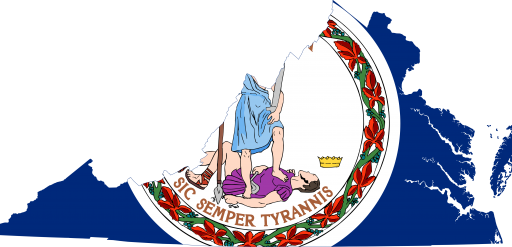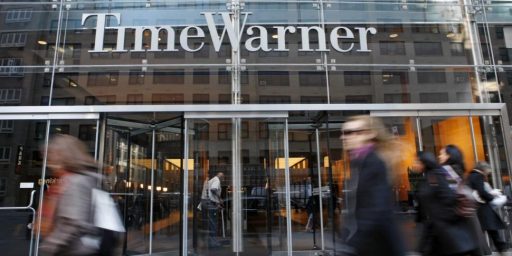Virginia Increases Taxes on ‘Business’
WaPo: Va. House Proposes Heavier Tax On Business
Republicans in Virginia’s House of Delegates endorsed a plan Monday to end tax breaks for many businesses, joining Gov. Mark R. Warner (D) and the Senate’s Republican leaders in calling for new revenue to balance the state’s budget.
Faced with the prospect of closing Virginia’s $1 billion budget gap with deep cuts to popular programs, the GOP-controlled House instead voted 59 to 36 to raise $520 million by eliminating sales tax exemptions enjoyed by utility companies, the shipping industry, airlines, dry cleaners, telephone companies and other businesses. House leaders expect the bill to receive final approval Tuesday.
The plan, first put forth by Republican leaders just 80 hours before the vote, turned the Capitol’s tax debate on its head. Business lobbyists, Democratic legislators and Warner administration officials gathered for their own tense, closed-door strategy sessions and wondered what to make of a GOP plan that targets the party’s traditional business allies.
Since when are sales taxes a tax on business? Sales taxes are passed on directly and openly to consumers. Of course, all taxes on businesses are actually passed on to their customers in the form of increased prices.
The only sense in which making dry cleaners collect sales taxes affects the dry cleaners is that it raises the effective cost of their product and, to the extent that demand is elastic, costs them customers. Someone who is willing to pay $5 a week to have their shirts cleaned and pressed might not be willing to pay $5.40 and thus decide to do their own. Or they might decide to have their suits cleaned every fifth time they’re worn rather than every fourth time.






Bingo, James. Tweaking the taxes businesses pay is a heck of a lot more complex than far too many people realize. While I believe a lot of our budgetary problems come from a poor distribution of taxation between consumers and business, just shouting “cut the corporate welfare and get rid of the loopholes” is way too simplistic a solution – the effects on industrywide pricing to consumers (and therefore overall demand and therefore consumer confidence, etc, etc) would be striking.
It’d play real well with voters, though.
does the plan mean they will have to “collect” sales tax or “pay” sales tax that they previously didn’t have to?
If it’s “collecting” sales tax, I agree with you. This is hardly an attack on business, more like another way to soak consumers.
Unless they were able to collect sales tax from customers and not fork it over–which strikes me as unlikely–I’m not sure I see a difference? I think this was just a case of “services” not being taxed while “goods” were.
Even if it’s somehow a tax that businesses are supposed to pay, the McGehee Rule applies: If it drives up the other guy’s cost of doing business, it’ll drive up your cost of living.
McG: Right. The only way around that is if there is a ready substitution available with a product/firm that escapes the tax. In that case, it may not be possible to pass it on.
“every fourth time”? I didn’t know that. No wonder my dry cleaning bills are so high.
carsick,
Unless you’re spilling food on them or sweating through your shirts, dry cleaning a suit more than a few times a year will really decrease its life. Just keep it brushed and air it out before putting it in the closet.
See this guide. (I just googled it but it comports with what I’ve read elsewhere.)
Sales tax on services, eh? Does the tax apply to LEGAL services? I doubt it.
there are those internet interstate sales exempt from sales tax.
And pricing issues are often made on a national scale. So the 99cent burger may increase in price in VA if a sales tax is increased, while it might not increase if the increase was part of, say, property taxes.
Any tax- sales or on profits- will have the effect of being spread between consumers and producers to some degree